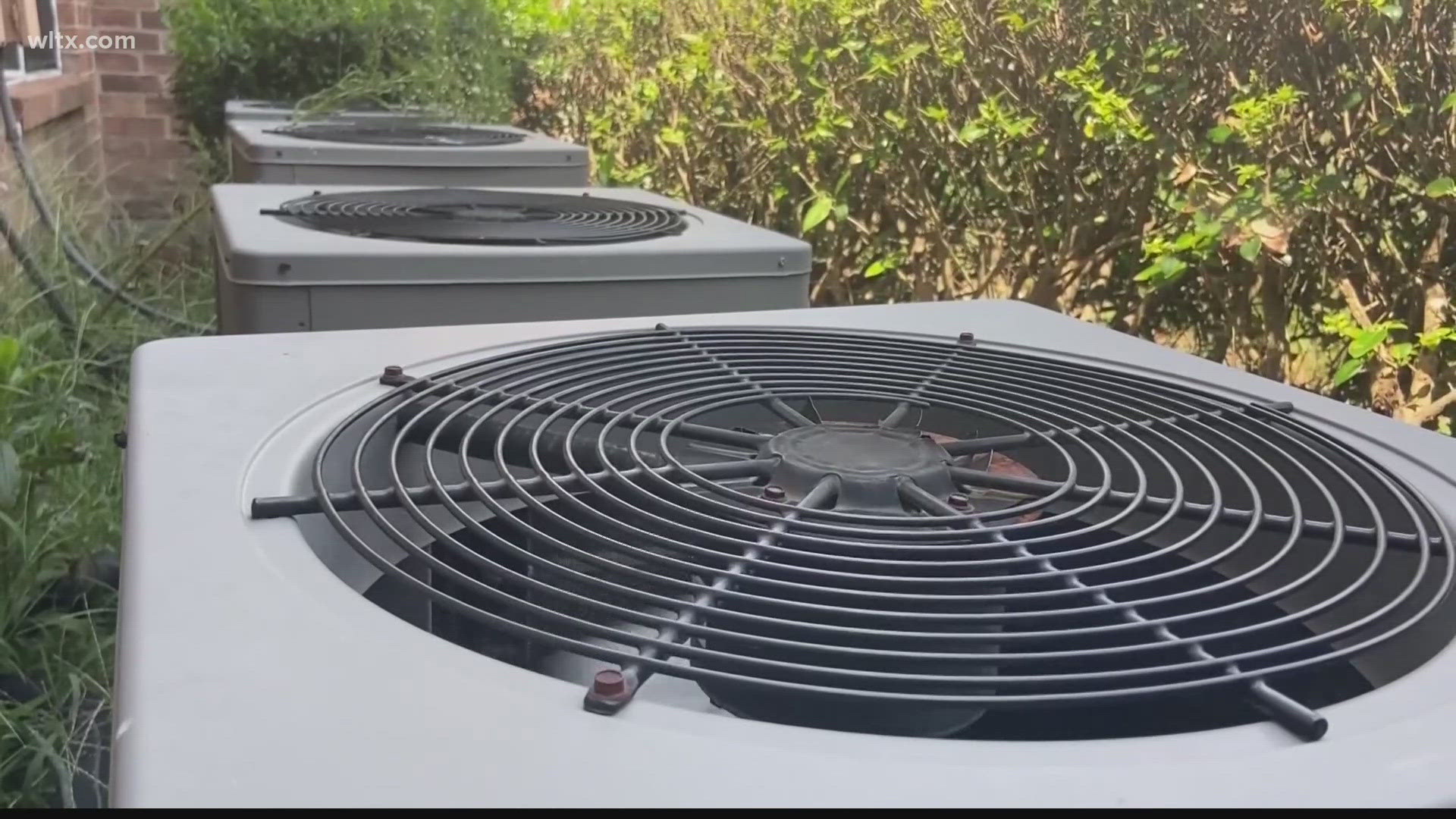COLUMBIA, S.C. — South Carolina Governor Henry McMaster has proclaimed the week of April 29-May 3 as Heat Safety Week, with the goal of reminding community members of all the risks that come with heat exposure.
As we head into May, the South Carolina heat is on its way. Steve Shelton, an emergency room physician with Prisma Health, says there are many risks when it comes to heat.
“If you can avoid the heat, do so. That may mean moving activities to earlier in the morning or later in the evening. You also need to prepare for the heat, first is hydration. Make sure that you hydrate well, and we can recommend non-caffeinated, non-alcoholic beverages to hydrate,” Shelton said.
According to Shelton, it’s not uncommon for people to experience dehydration, heat exhaustion or heat stroke during the warmer months of the year.
“As you progress into some of the heat injuries, specifically heat exhaustion, individuals will start to feel very sweaty and clammy. They may feel nauseated, they may feel dizzy, and all those are early indications of a heat injury, so they need to make sure they find some cool area to cool off and begin to hydrate,” Shelton said.
For most people, they go home to cool off. But, under state law, it is not a requirement for landlords to provide cooling services to their tenants.
“There are four essential services that landlords that have to make available to tenants in South Carolina. Those are heat, running water, hot water and electricity,” said Emily Blackshire Giel.
Blackshire Giel is a housing justice attorney with SC Appleseed Legal Justice Center. She says under state law, air conditioning is considered an appliance.
“If a landlord makes air conditioning available to a tenant upon moving in, the landlord is responsible for the upkeep of that appliance unless it’s otherwise written in the lease,” she said.
If your air conditioner stops working and you’re renting, you do have certain rights when it comes to your landlord repairing it.
“What typically has to happen for a renter to either get their landlord to fix it or terminate the lease and find somewhere else to live, they have to write a 14 day letter. A 14-day letter is basically a legal notice to the landlord that something is broken and you expect them to fix it or make reasonable efforts to fix it within 14 days,” Blackshire Giel said.
In that letter to your landlord, Appleseed says renters must include a list of all worries about the health and safety of your living situation.
“Typically, those rights mean you go to magistrate court, which can include an $80 filing fee against your landlord. So it can be time consuming, it can be expensive, but ultimately it matters, and I would encourage tenants to do it if you're in a place that doesn’t have air conditioning,” she said.

